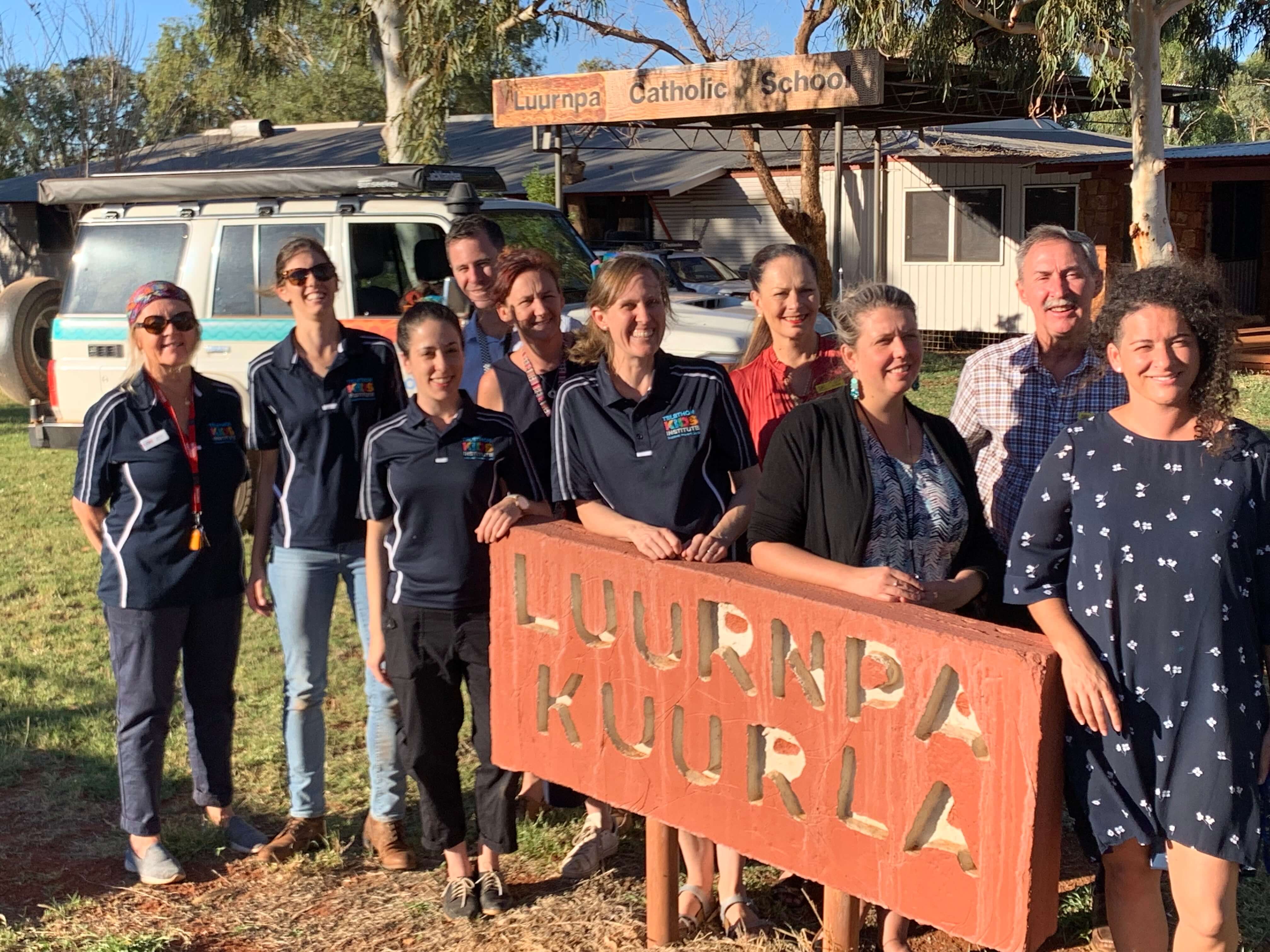Search
Research
Increase in Body Mass Index in Children With HIV, Switched to Tenofovir Alafenamide Fumarate or Dolutegravir Containing Antiretroviral RegimensRecent data indicate excessive weight gain in treatment-naive adults with HIV commenced on antiretroviral therapy (ART) regimens containing tenofovir alafenamide (TAF) or the integrase strand transfer inhibitors (INSTIs) dolutegravir (DTG) and bictegravir.
Research
A controlled human infection model of Streptococcus pyogenes pharyngitis (CHIVAS-M75): an observational, dose-finding studyStreptococcus pyogenes is a leading cause of infection-related morbidity and mortality. A reinvigorated vaccine development effort calls for new clinically relevant human S pyogenes experimental infection models to support proof of concept evaluation of candidate vaccines. We describe the initial Controlled Human Infection for Vaccination Against S pyogenes (CHIVAS-M75) study, in which we aimed to identify a dose of emm75 S pyogenes that causes acute pharyngitis in at least 60% of volunteers when applied to the pharynx by swab.

News & Events
First week of school visits mark official launch of the SToP TrialThe The Kids Skin Health team has a busy six weeks ahead - visiting nine communities throughout the Kimberley region of WA as part of the first school surveillance activities for the SToP Trial.

News & Events
The Kids Research Institute Australia researchers finalists for 2016 Eureka PrizesThree Perth researchers from The Kids Research Institute Australia have today been named finalists for the 2016 Australian Museum Eureka Prizes.

News & Events
New recommendations to stop antibiotics soonerThe Kids researchers are amongst a group of experts who have recommended that doctors can stop intravenous antibiotics sooner in children.

News & Events
Premature babies at greater risk of childhood infectionNew research has found children who are born even slightly premature or underweight are more likely to be hospitalised with an infection during their childhood

News & Events
Perth scientist receives prestigious honourAn internationally recognised researcher at The Kids Research Institute Australia has been made a Fellow of the Australian Academy of Science

News & Events
Gastro gap between Aboriginal and non-Aboriginal children shrinkingThe world's largest study of gastroenteritis trends in children has shown the disparity between Aboriginal and non-Aboriginal health may be improving.
News & Events
Trans Tasman action to fast track rheumatic fever vaccinePrime Ministers of Australia and New Zealand have agreed to provide $3M to help fast-track the development of a vaccine against rheumatic fever.
News & Events
Large-scale study uncovers a single major genetic risk factor for fatal parasitic diseaseResearch has identified a critical genetic risk factor for a potentially fatal parasitic disease that affects up to 400 thousand people a year, mostly children.
